Memories of Mindanao, Part 5
By Conrad J. Benedicto
There is a long standing stereotype about Pilipinos that has begun to permeate even social media these days—that our hospitality is lavish, perhaps overindulgent. Well, it's true. If there was one reliably recurring event during our whole tour, it was being the guest of honor at a breakfast, second breakfast, lunch, linner, dinner, festival, ceremony, or show. Sitangkai even commissioned a large vinyl banner with a picture of the KULARTS group and had it displayed in front of one of the municipal buildings. The kindness and generosity we were shown by our many hosts was bewildering. The food was always the best they could offer and, invariably, there was fanfare—kulintang music, igal, beauty contests, singing, whether planned or spontaneous.
The first event we were invited to was an all grades school assembly in Bongao, which is the island you fly into when visiting Tawi Tawi. It was an endearing event complete with fashion show, dancing, and beauty pageant. What struck me during this production was the prevalence of traditional rhythms within the completely synthesized modern music they played throughout the program. It was all electric keyboard and drum, but the foundational beats were familiar kulintang patterns. After the assembly master Pah Hadjii Elingan Jana actually came to our lodging and demonstrated the gadang, a traditional bamboo instrument similar to a wooden kulintang, played by the Sama people. Within the songs he exhibited were the same rhythms and patterns I heard in the electronic music the students at the school preferred. The ancestral beats were still there, running just below the surface of innovation and modernization like an invisible current.
That night our group had a heartfelt discussion about our experiences and there was much talk of loss and rediscovery of culture and tradition, of preservation and evolution. It was an echo of conversations I had as a student organizer decades ago and countless others as a teacher and kulintang musician. It recalled conversations that were had during the civil rights awakening of Pilipino Americans in the 60’s and 70’s, and even further back to the colonial struggles of the Pilipino people. We have always been in a constant state of loss, rediscovery, reimagination, and change. Even in peace, change occurs.
“We came to witness cultural and traditional practices and quickly saw that the living actual examples are more rich and complex than our ideas of them.”
But communities confronting colonialism and imperialism feel this constant state of flux more acutely. The stakes are higher when culture and identity become a means of resistance, when they are bound up in the actual struggle over material conditions. I understand when people want to hold on to traditions so tightly that they view any change as negative. This also sometimes leads cultural practitioners in the United States to idealize traditional arts in their homeland as being preserved from time immemorial, but in the birthplace itself we observe these traditions in flux. We came to witness cultural and traditional practices and quickly saw that the living actual examples are more rich and complex than our ideas of them.
Among cultural troupes in the U.S. there is often talk of learning indigenous songs and dances to preserve them. This is a noble gesture but perhaps paternal and misses the point. Alleluia, who is called Manai as a term of respect and endearment by those of us who are under 55 years old, sagely nails it on the head when she says we are the ones being preserved when we learn these arts. I feel this in the marrow of my bones. How can a thirsty person floating on a raft in the middle of the ocean look at a jug of water they were given and say “I must now drink this water in order to preserve it”?
Conrad J. Benedicto
A teacher, author, and kulintang musician who studied with Master Danongan Kalanduyan from 1997 to 2016. He was Master Kalanduyan’s apprentice within the Alliance for California Traditional Arts’ Apprenticeship Program in 2007 and again in 2013. He founded and leads the Kulintang band, Kulitang Dialect, and has performed at the Filipino American International Book Fest Gala, Gongster’s Paradise Kulintang Festival, SF Parol Lantern Festival, and more. He has received grants for his music from the San Francisco Arts Commission and Zellerbach Family Foundation. He teaches social studies, environmental education, and kulintang music at Balboa High School in San Francisco.
Publications:
Musalaya’s Gift, Youth Fantasy Novel
The Warriors of Dagad Pass by Bumbakal Saksi, Musalaya’s Gift Graphic Companion Book










